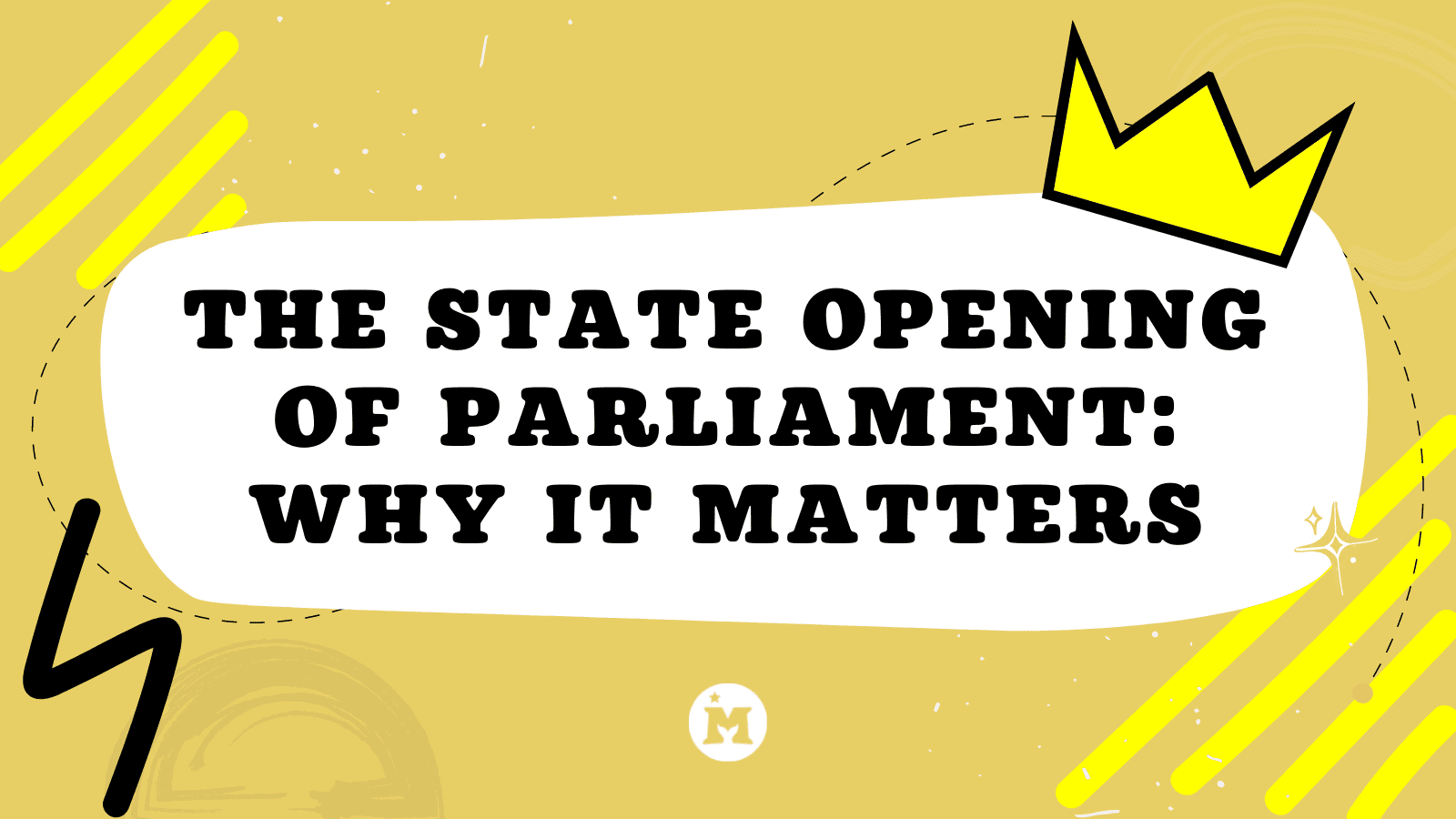On Tuesday 10 May, the State Opening of Parliament takes place, and we’ll be watching to find out if the Government plans to keep its promise and ban conversion practices after years of delays.
But why is the Queen involved? Who on earth is Black Rod? And what happens if the Government don’t #KeepTransInTheBan? Read on to find out more.
What is the State Opening of Parliament?
The State Opening of Parliament, also known as the Queen’s Speech, is a ceremonial event marking the start of the parliamentary year.
An extravagant affair, it usually begins with a procession from Buckingham Palace and includes some rather bizarre rituals and traditions which date back to the 1600s.
The main event is a speech in front of the House of Lords and the House of Commons, which both make up Parliament, where the Queen sets out what the Government plans to do in the coming year.
When does it happen?
State Opening of Parliament happens following a general election, or at the start of a new parliamentary session, normally in May or June. This year, the State Opening of Parliament takes place on Tuesday 10 May.
Why is it important?
This is when we find out what the Government wants to do. We’re watching it closely this year to see whether they will include a ban on conversion practices in the next term, and if so, if it will include trans people.
There was a lot of anger when the Government went back on their promise last month – expect more protests if they don’t include a ban which protects everyone.
Hang on – I thought the monarchy and politics were separate?
You’re right – they are. The Queen reads the speech, but the Government writes it and she delivers in a neutral tone to show that she has no opinion on its contents.
No British monarch has entered the House of Commons when it is sitting since King Charles I in 1642 and there are rituals throughout the event which symbolise the independence of Parliament from the monarchy.
For example, the doors to the House of Commons chamber are closed in the face of Black Rod, a House of Lords official who is sent to summon MPs to listen to the Queen speaking.
What will happen after the Queen’s speech?
When the Queen leaves, there will be a debate in both Houses on the contents, and there will be a vote in the Commons. This gives us an idea of how popular the Government’s programme is and what Bills are likely to be controversial.
We expect a ban on conversion practices to be one of those and are working with our friends in the Ban Conversion Therapy coalition to make sure MPs have the information they need to challenge the Government.
Will I still be able to have a say?
Yes, you can! The Queen’s Speech is just the beginning – there are lots of stages a Bill must go through before it becomes law, so we encourage you to write to your MP and ask them to support a full ban on conversion practices that protects trans people.
Already written to them? Thank you! Why not WhatsApp your friends and ask them to do the same, or arrange a meeting with your MP?


